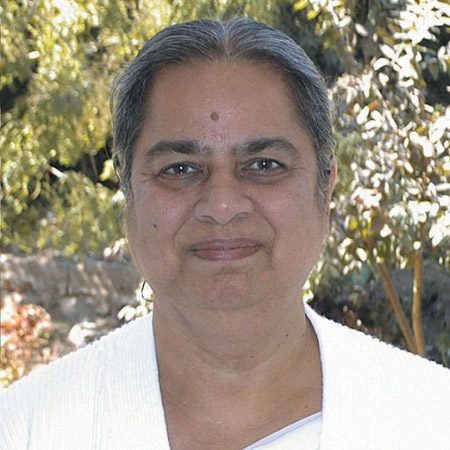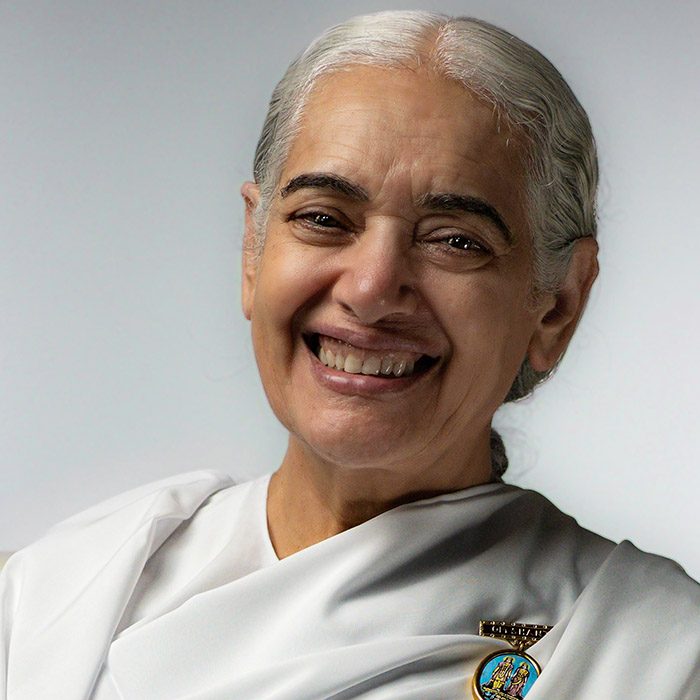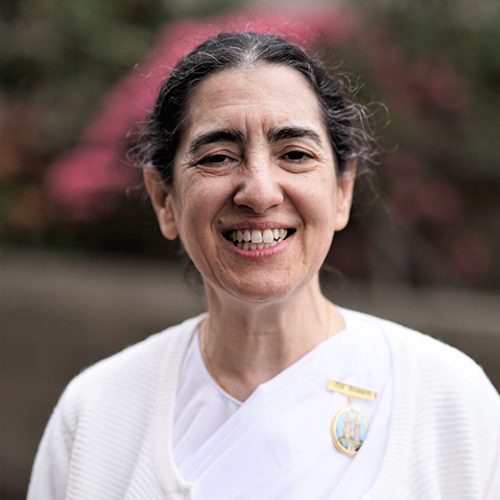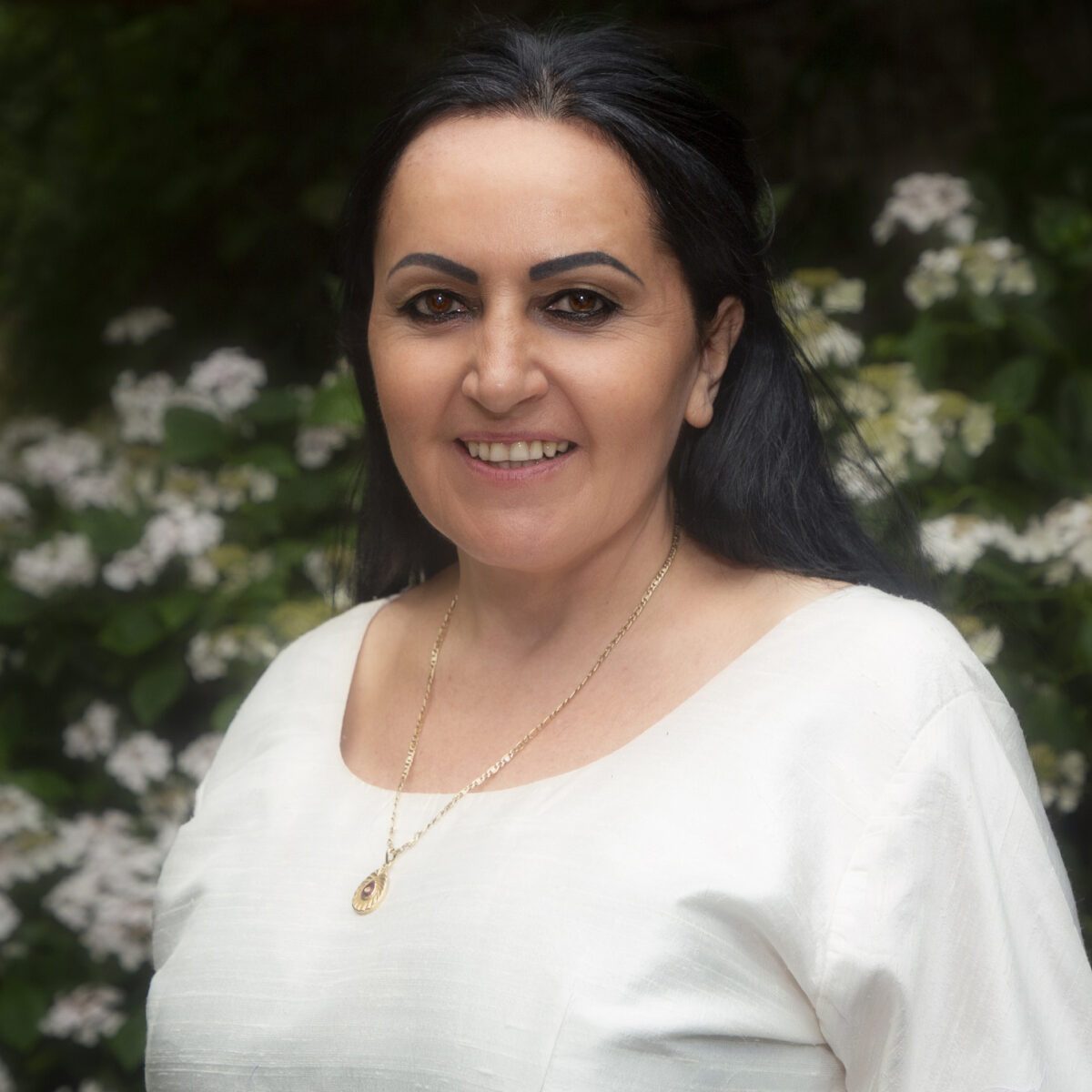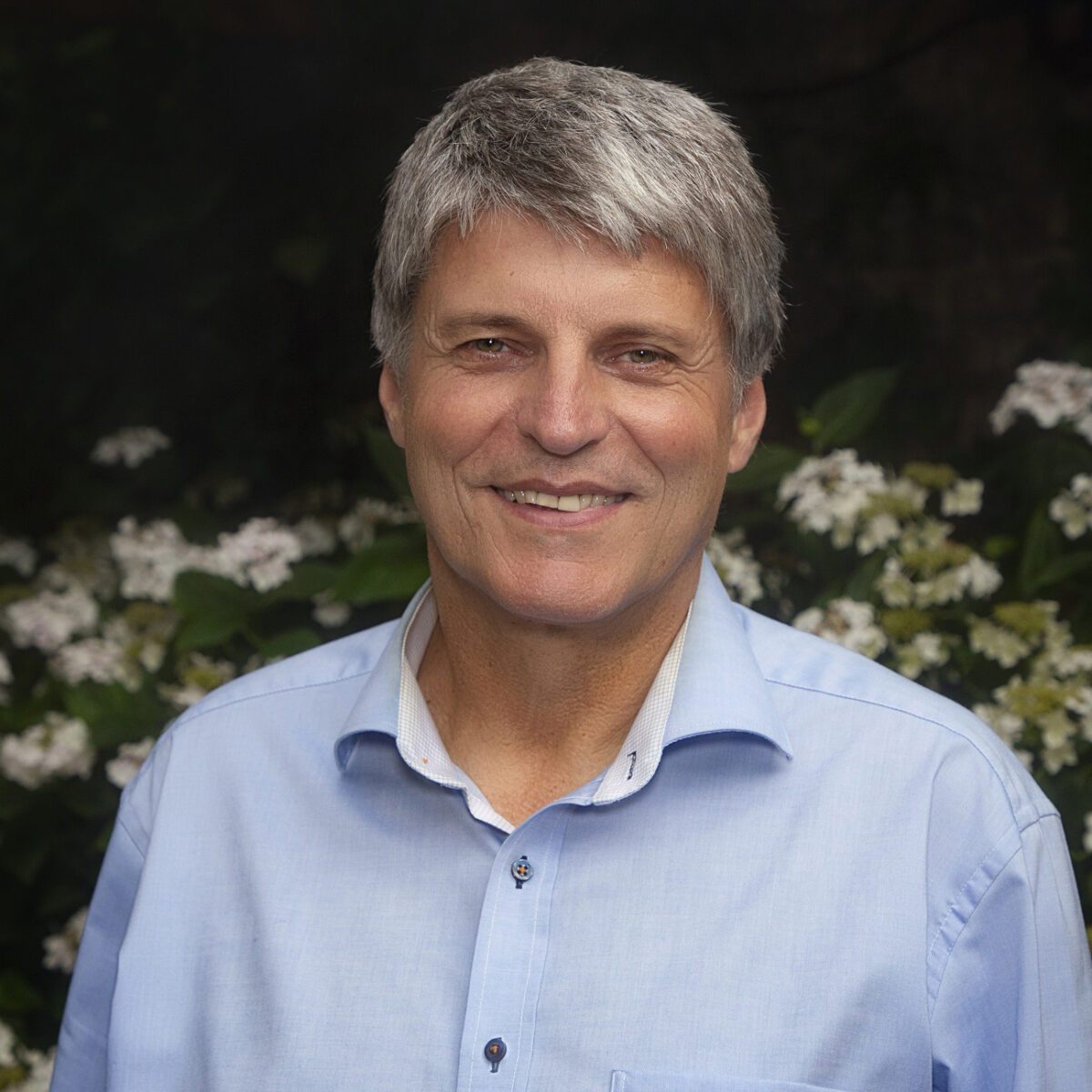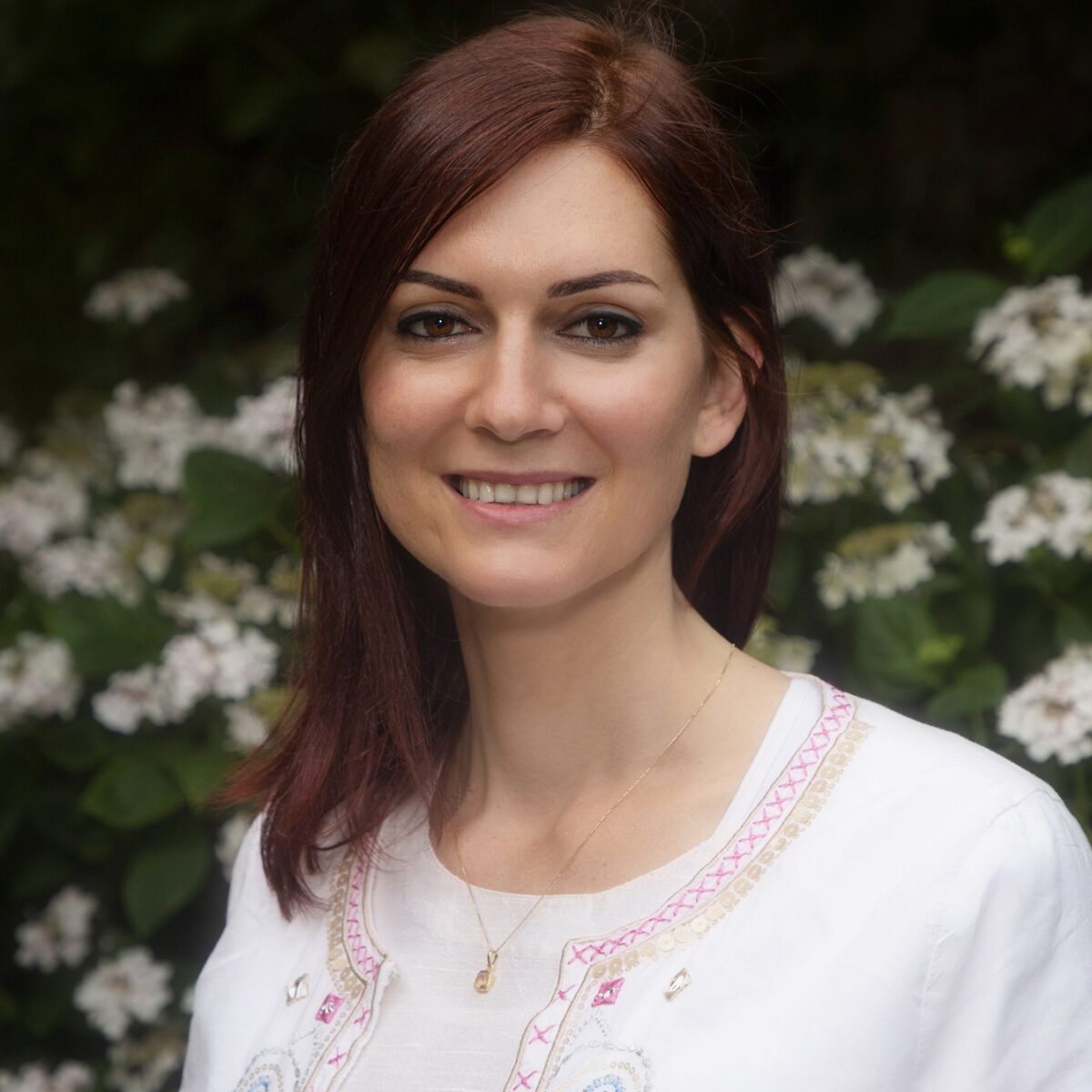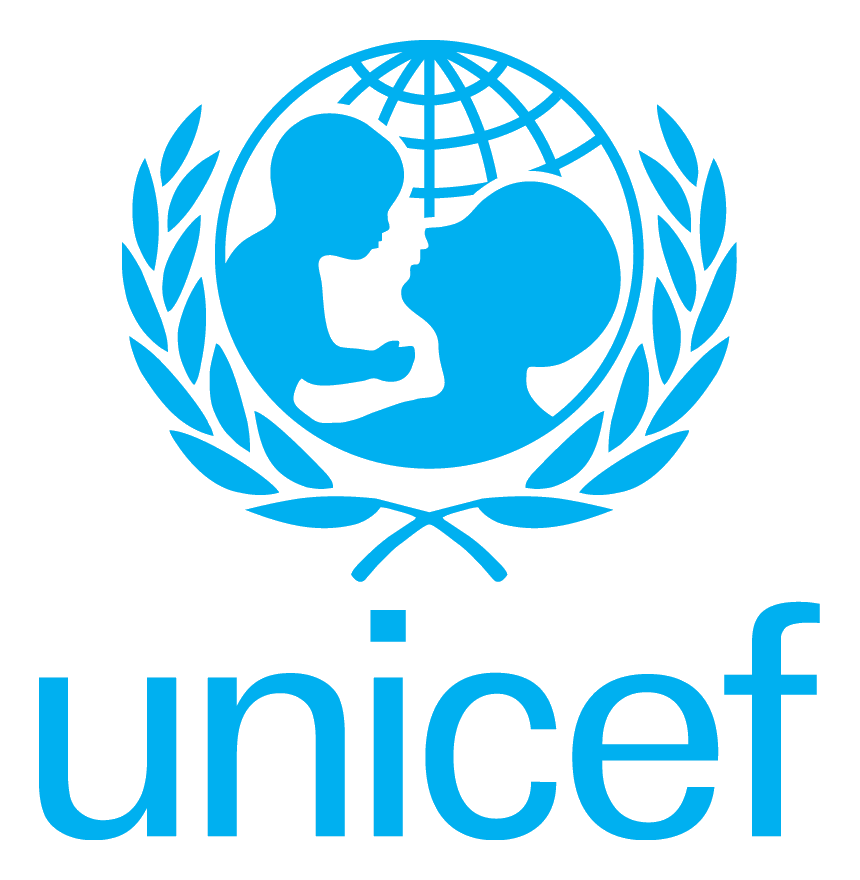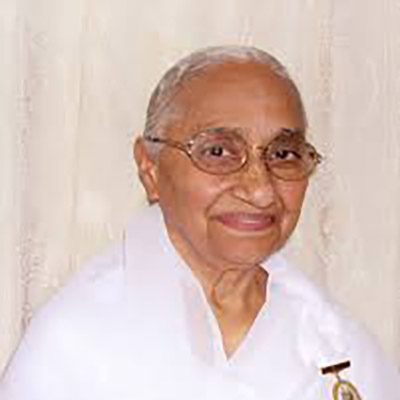history of the Brahma Kumaris
The Brahma Kumaris, as it is today, doesn’t exist without its history. Our global community of peacemakers is built on the stories, discoveries, work and love of those who came before us.
The Brahma Kumaris is a spiritual organization founded in Hyderabad, India in the 1930s by Dada Lekhraj Kripalani, also known as Brahma Baba, after he experienced a series of spiritual visions.
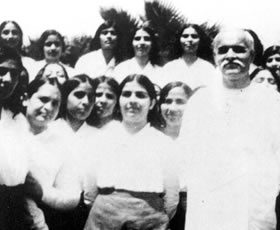
Learn More
Inspired, he established a school to teach the principles of a virtuous, meditative life. A group of 400 committed individuals dedicated themselves to deep spiritual study, meditation, and self-transformation based on clear teachings about the soul, God, and time.
Brahma Baba formed a Managing Committee of eight young women and transferred all his assets to a Trust they administered. In 1950, two years after India’s Partition, the group relocated to Mount Abu, India. The organization expanded its services throughout India. By the 1970s, the first international center was established in the United Kingdom.
Today, the Brahma Kumaris span over 120 countries with more than a million students worldwide.
Read More: How a small feminist group led by Hindu women in pre-Partition Sindh went on to get global renown.
our history at the United Nations
INSPIRATION: a minute of silence
In 1977, Dadi Prakashmani, the Administrative and Spiritual leader of the Brahma Kumaris stood on the sidewalk of UN Plaza and faced the United Nations Headquarters in New York City. She paused and observed a minute of silence dedicated to world peace in remembrance of God, the Divine. In the space of that pause, a thought was ignited in her mind, — ‘one day the Brahma Kumaris will be serving with the United Nations in establishing world peace.’ She offered the gift of peace.
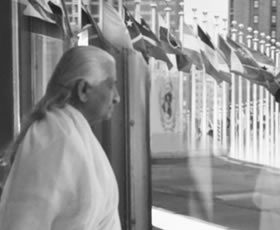
Learn More
Three years later, in 1980 the Brahma Kumaris (BKs) became affiliated to the Department of Public Information, now known as the Department of Global Communications. In 1983 the Brahma Kumaris were accredited consultative status with the Economic and Social Council.
The UN addresses the wellbeing of people in all sectors and in all nations. The principles of wellbeing include: “to reaffirm faith in fundamental human rights, in the dignity and worth of the human person, in the equal rights of men and women and of nations large and small …” (Preamble, UN Charter); “All human beings are born free and equal in dignity and rights. They are endowed with reason and conscience and should act towards one another in a spirit of brotherhood.” (Article 1, Human Rights Declaration); and “That since wars begin in the minds of men, it is in the minds of men that the defences of peace must be constructed;” (Constitution of UNESCO).
These principles were used as bridges between the BK network and the UN. One such bridge was from UN Headquarters in New York to the BK Headquarters in Mt. Abu where high level UN officials participated as keynote speakers at the BK’s annual Universal Peace Conferences in the 80’s and 90’s.
INTEGRATION: spiritual and secular
It was deemed important that there needed to be the integration of the spiritual with the secular; The approach was ‘keep it deep, make it simple, and let it grow.’
This approach was integrated in the various international and outreach projects related to UN observances such as ‘The Million Minutes of Peace Appeal’, ‘Global Cooperation for a Better World’, ‘The Living Values Education Program’ and the ‘Peace Manifesto’. And through position papers and statements submitted to UN Conferences and Summits around the world.
Over the years this theme has been central to our areas of focus: Climate Change, Commission on the Status of Women, Commission on Social Development, Values Education, UN Program on Youth, the Sustainable Development Agenda, and the Summit of the Future.
INDOMITABLE SPIRIT: leadership by women
The BKs was established in 1936 by Prajapita Brahma in Hyderabad, Sindh, in undivided India. The BK community comprises over a million individuals from all races, genders, faiths, cultures and socio-economic backgrounds in 120 countries, and is the largest spiritual organization led by women. The BK’s Office for the United Nations in New York represents the World Headquarters located in India. We also have a presence in Geneva and Vienna.
team
New York
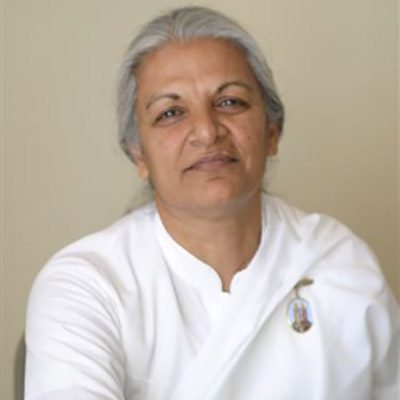
Gayatri Naraine
Main Representative to the United Nations

Julia Grindon Welch
Representative to the United Nations

Sabita Geer
Representative to the United Nations
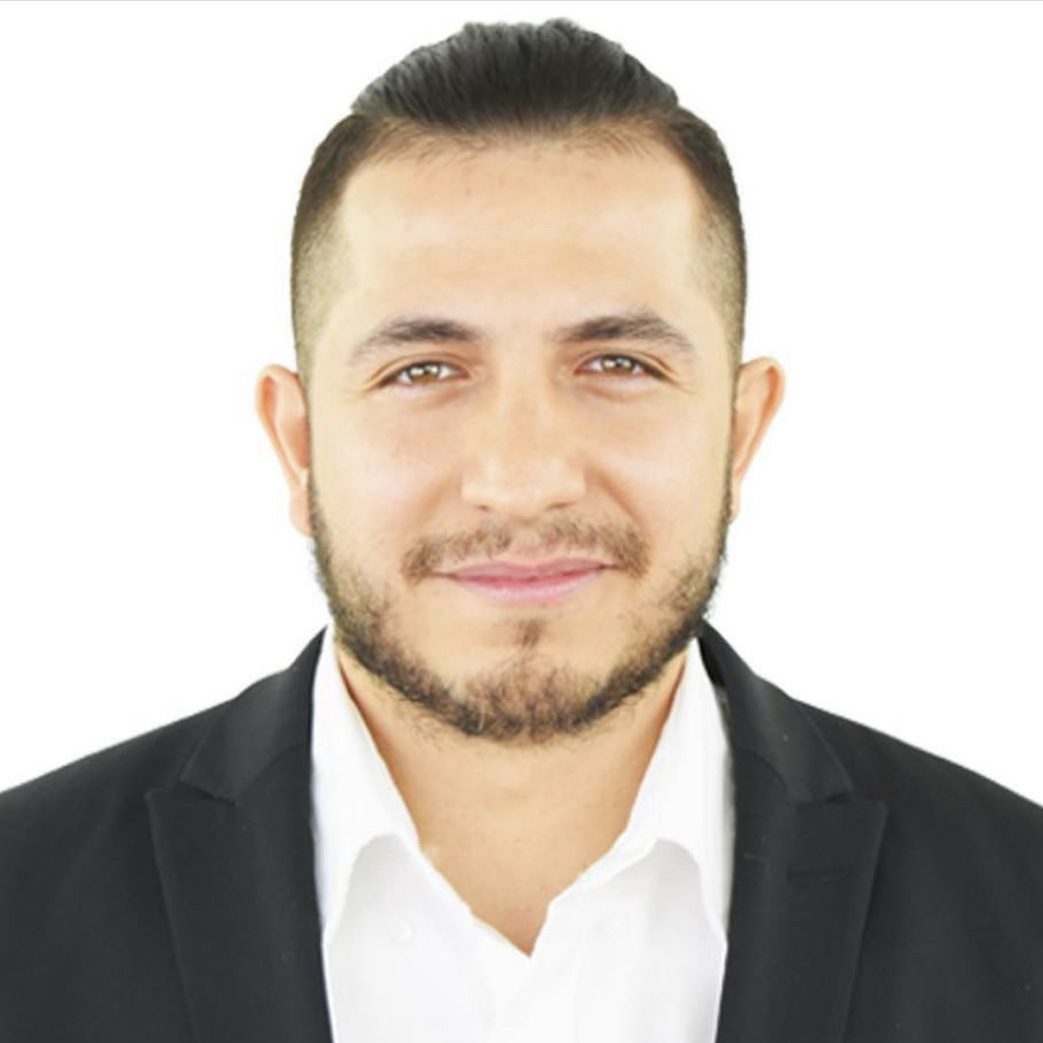
Juan Milling
Representative to the United Nations
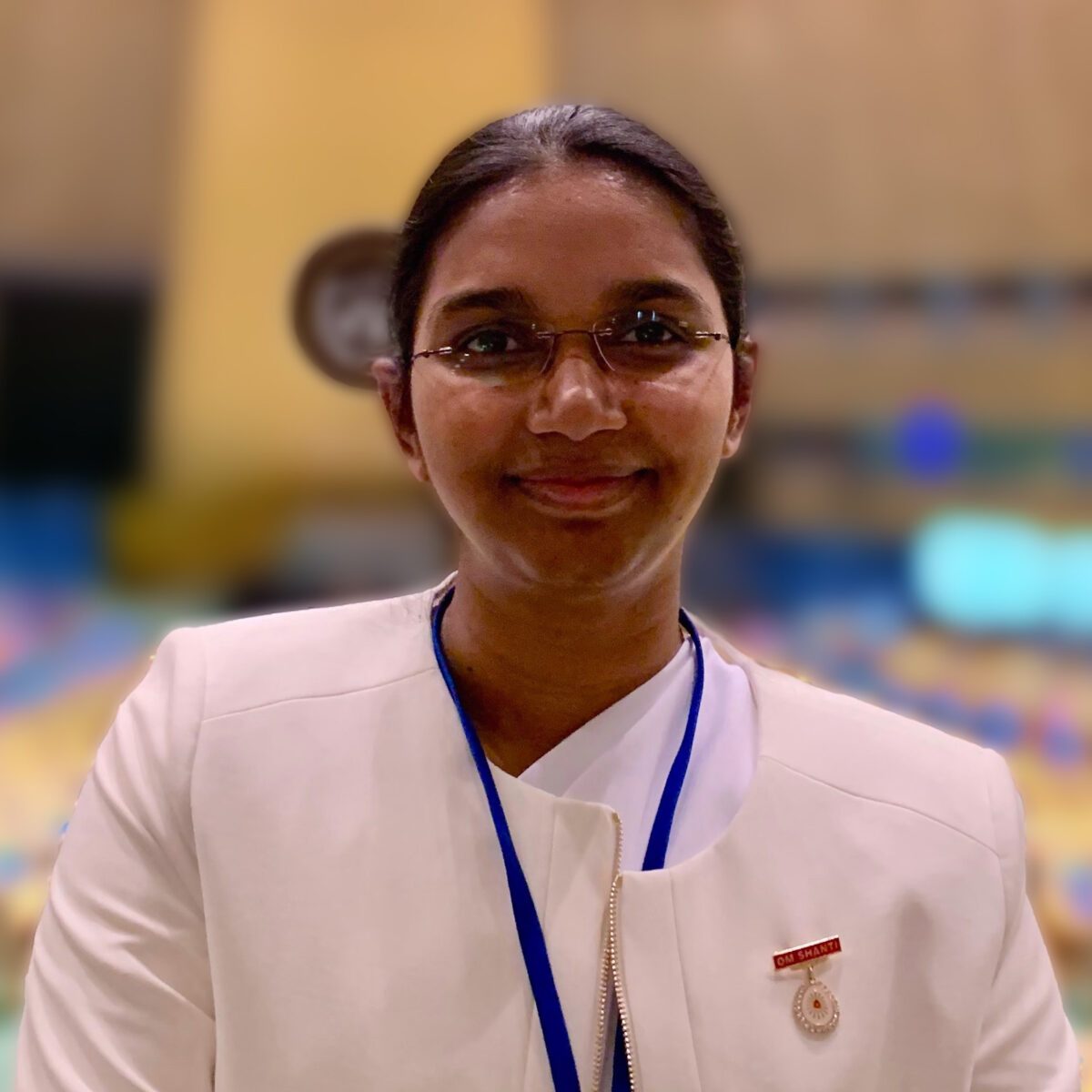
Kinnari Murthy
Representative to the United Nations
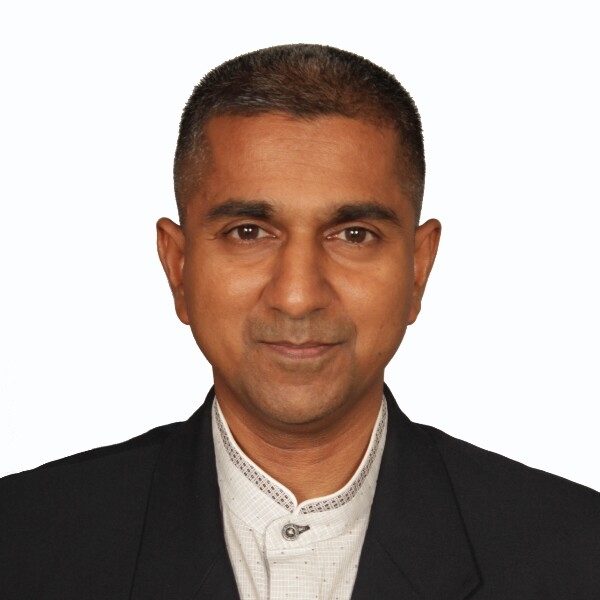
Muralindran Mariappan
Youth Representative to the United Nations
Geneva

Valerian Bernard
Representative to the United Nations

Lois Gaudibert
Representative to the United Nations
Vienna
affiliations
The Brahma Kumaris World Spiritual University (BKWSU), with its spiritual headquarters in Mt. Abu, India, comprises a worldwide network of centers in 120 countries and is an international non-governmental organization of the United Nations accredited with General Consultative Status with the Economic and Social Council (ECOSOC); Associate Status with the Department of Global Communications (DGC); Observer Status to the United Nations Environment Assembly of UNEP; Observer Organization to UN Framework Convention on Climate Change (UNFCCC); the United Nations Convention on Biological Diversity (CBD); and the United Nations Convention to Combat Desertification (UNCCD).

